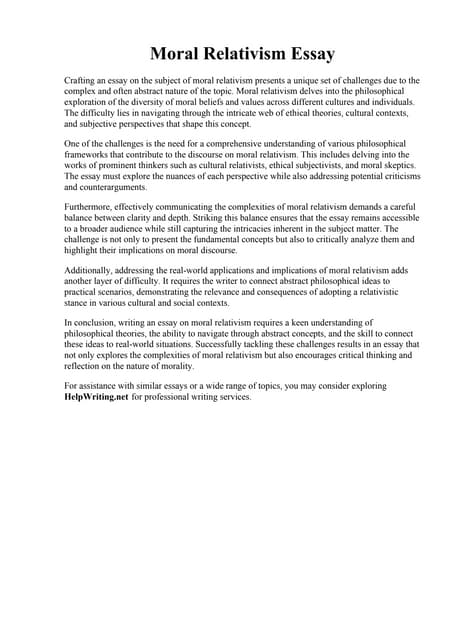It is only the impossible that is possible for God. He has given over the possible to the mechanics of matter and the autonomy of his creatures. (Simone Weil)1
Our Father which art in heaven, Hallowed be thy name. Thy kingdom come. Thy will be done, as in heaven, so in earth. Give us day by day our daily bread. And forgive us our sins; for we also forgive every one that is indebted to us. And lead us not into temptation; but deliver us from evil (Luke 11:2–4)2
The Lord’s Prayer is a very, very familiar text. But it turns out that the original Greek says something very far from habitual readings of the prayer. This something is so far removed, and so radical, that common (mis)understandings of the prayer begin to seem almost outrageous.
We focus here on one phrase only, which in English is, “deliver us from evil.” Exactly what is the “evil” from which the prayer asks God to deliver us? Evil as such, is the answer (Greek to ponēron, neuter; the precise Greek is tou ponērou, the genitive form, since the Greek “from” takes the genitive).3 Not an evil being such as the Devil, “the evil one” (ho ponēros, masculine). Not evil as a state (hē ponēria, feminine), a stigmatizing stain that is somehow attached to our body or our soul (or both). Evil in the Lord’s Prayer is phenomenological evil, that is to say, evil not as a person or as a thing but rather as an “adjective” or “adverb.” “Deliver us from evil” is as radical as saying “deliver us from green,” or even “deliver us from up.”

We place the terms “adjective” and “adverb” in quotation marks because they are meant not simply to convey a purely grammatical meaning, but rather a phenomenological one pertaining precisely to the logic of phenomena. This is the sense in which this essay will be using the term “phenomenology,” not as a substitute for “subjective experience of…” but as quite strictly, as we say, the logic of phenomena, the way appearances hang together.
The fact that this phenomenological sense of “evil” is staring us in the face in the original New Testament Greek should strike the reader as frankly shocking. At the very least, this is evidence of the way in which habitual usage of a word or phrase may not simply obscure its original sense. Habitually saying something over and over (hearing it in one’s head, visualizing others saying it, and so on, also counts) may drastically distort or even invert the meaning of a word or phrase. This syndrome amounts to a form of gaslighting, a disturbingly automatic form that requires no malicious motive on anyone’s part, just constant repetition without thought.
To be completely fair in making this argument, we do need to consider whether English speakers have ever understood the meaning of the word “evil” in the phenomenological sense — as neither a subject nor an object, masculine nor …
Read the full article which is published on Daily Philosophy (external link)






